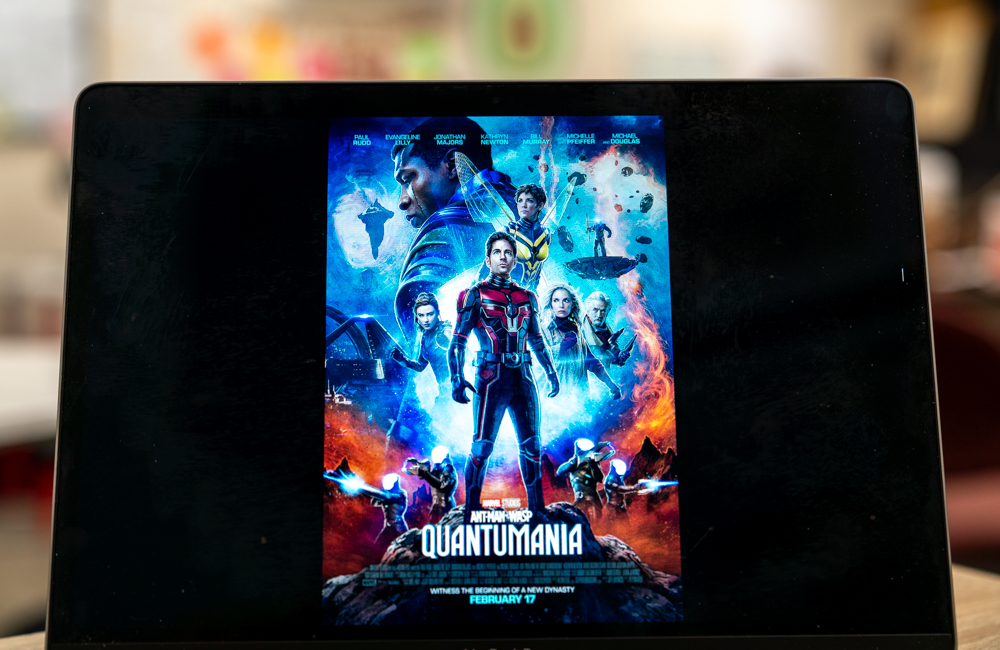The future of the United States’ energy policies is in students’ hands, an Energy Department official aid Tuesday.
About 150 students, faculty and community members gathered in the Photonics Center to hear Arun Majumdar speak at the “Presidential Lecture on Energy &’ Environmental Sustainability.”
Majumdar, who is director of the United States Advanced Research Projects Agency &-Energy, discussed the direction the country is headed in terms of energy reform and sustainability.
Majumdar asked audience members to think about how people can reduce their energy consumption without changing their lifestyles.
“The best news I can give you is that the next generation, the student generation, is the future,” he said.
He said he believes a large amount of energy innovation will come from students.
In his lecture, Majumdar analyzed the relationship between the energy crises around the globe and population growth.
“Population does not always correlate with energy use,” he said.
It is crucial for the U.S. to start developing technology before it falls too far behind other countries, he said.
“Other nations are progressing, which affects our relative ability to compete,” he said. “Innovations in science and engineering will be the primary driver in our economy looking forward.”
He said that what is important to climate change is crucial to national security, economic security and environmental security.
Majumdar also emphasized the importance of incorporating practices of sustainability into daily routines.
“Kids know more about megabytes than megawatts,” he said.”The energy literacy in our society has to evolve.”
College of Engineering Dean Kenneth Lutchen, who also spoke at the lecture, emphasized the strides BU is taking to get students more involved.
“We have employed an array of engagements to inspire students and faculty towards innovation in the emerging energy economy,” he said.
College of Arts and Sciences junior Leslie Guthrie said that while she has noticed greater emphasis on sustainable living around campus in the past year, she believes there is still room for improvement.
“I think people are making an effort, but it’s very unbalanced,” she said. “The focus is now more on trash, recycling and composting.”
ENG freshman Jamie Hung said she attended to learn more about the ways that the U.S. government is developing sustainable technology.
“I’m hoping to find out how we can get computer models to alleviate energy issues, and if it’s worth the cost,” she said.
ARPA&-E was created with help and support from the U.S. Department of Energy in 2009, he said.
One of its main goals is to “create a new tool to bridge the gap between basic energy research and development/industrial innovation,” according to its website.
Since its formation, the group has dealt with myriad issues concerning the U.S.’s energy problems, Majumdar said.























































































































